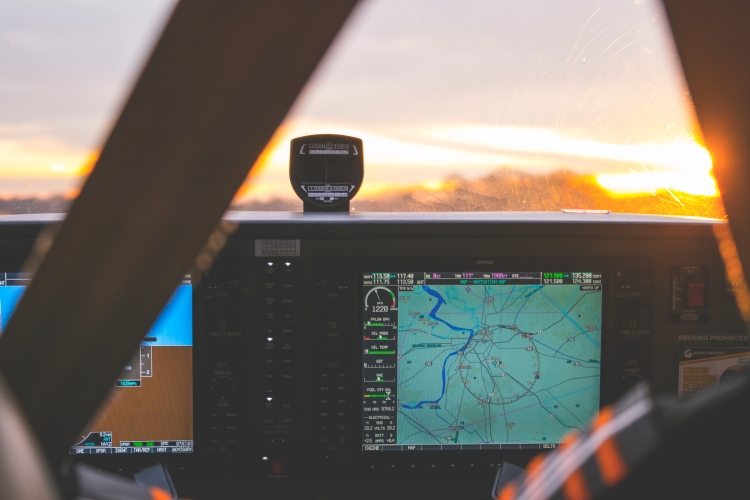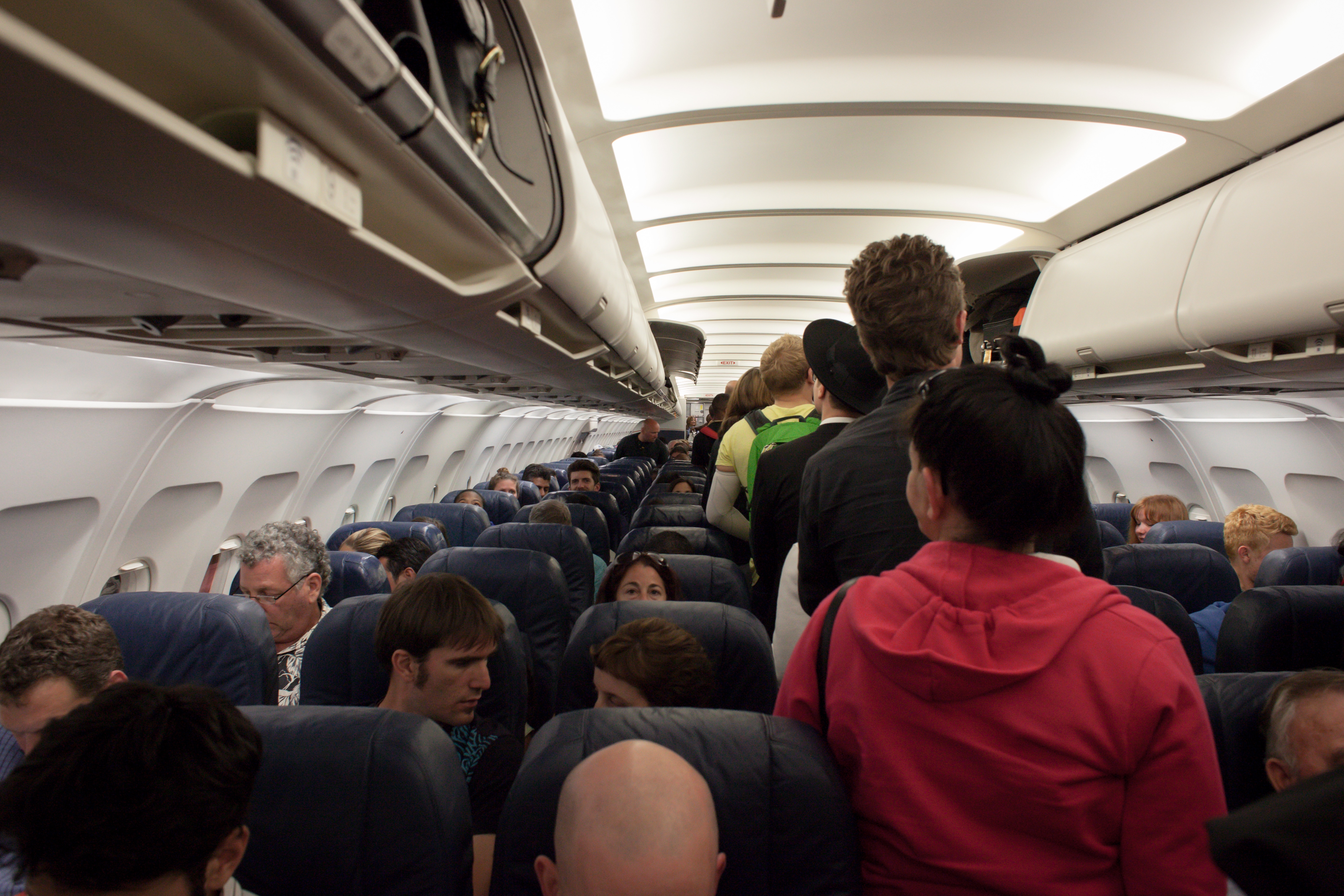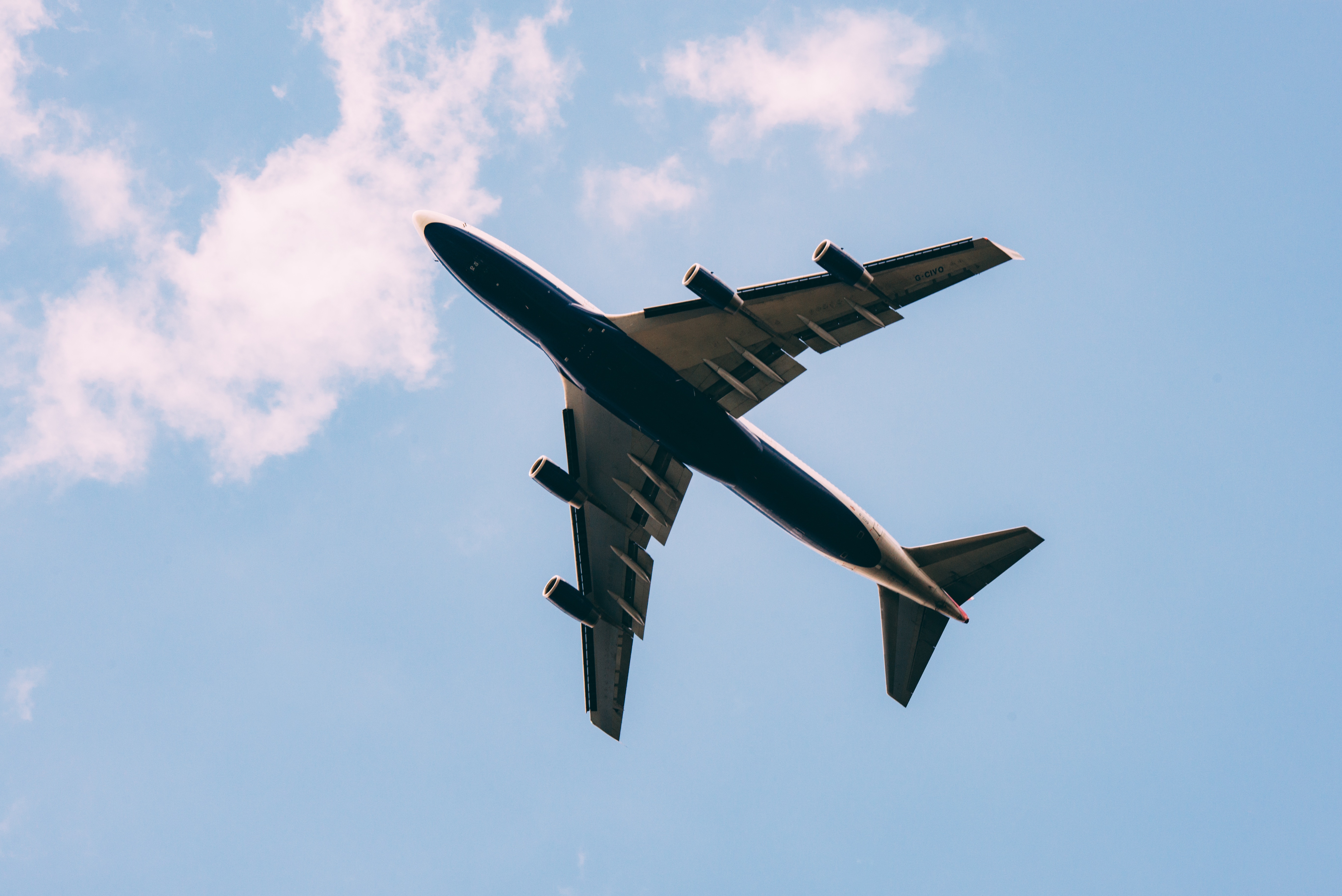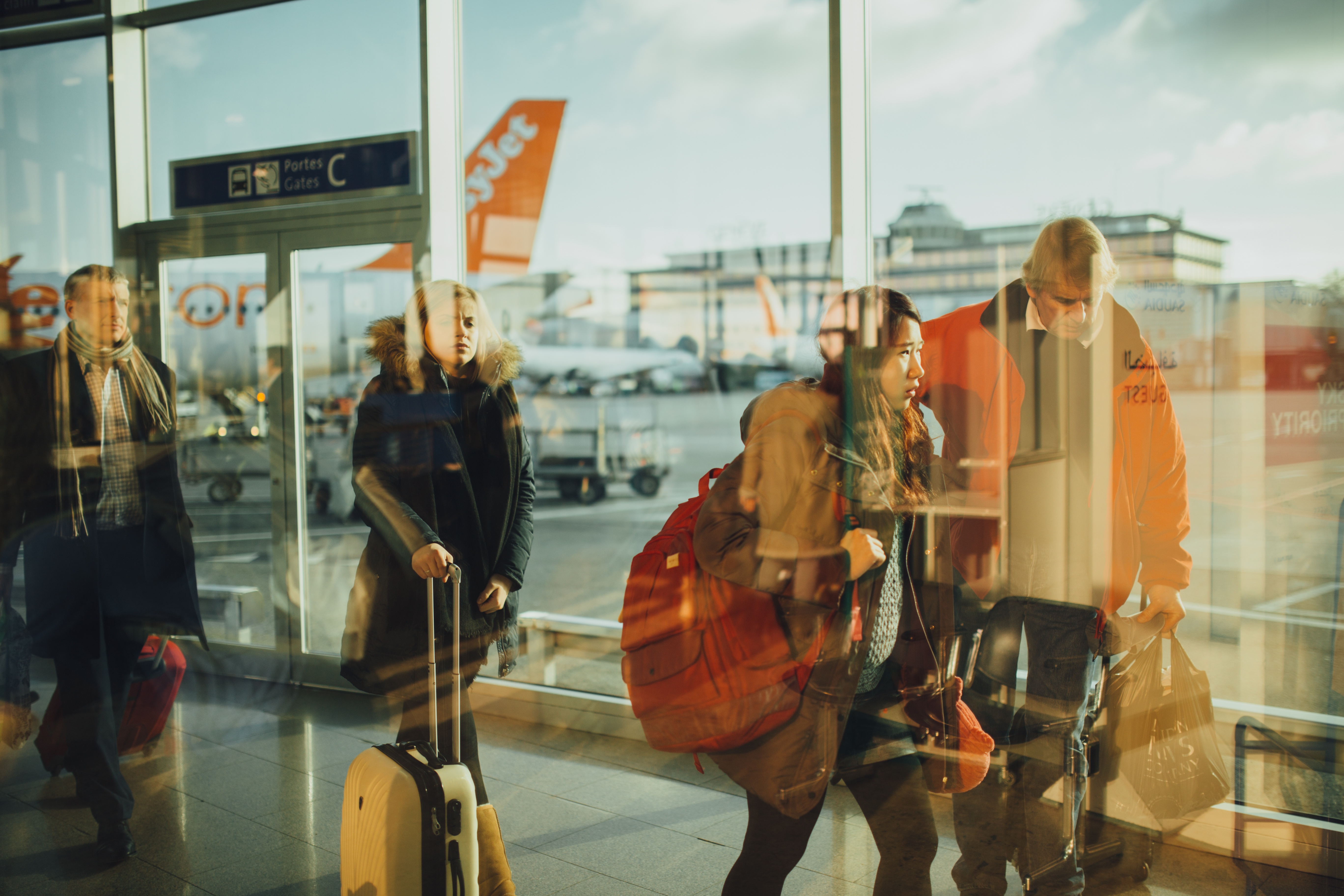Flying High At Whose Cost?

When you purchase a plane ticket for under €30, do you feel safe as the wheels leave the runway? Did it ever cross your mind that the pilot might also have paid to board that flight? When I first heard of Pay to Fly, my mind boggled, and then I started asking questions. To get answers, I sat down with seven pilots who, on condition of anonymity, were ready to share their insider knowledge of the aviation industry. What these seven pilots described scared me merde-less.
What is Pay to Fly?
Pay to Fly is a practice employed by certain low-cost airlines who are extorting qualified pilots to work for free. The life of a pilot starts in school just like most other professions: years of school, training, flight hours, and exams can cost up to $100,000. Pilots leave their license program and start applying to companies based on a number of flight hours on their log book. One pilot explained, "Each hour of a flight costs about $100, so those 300+ hours on the log book are precious. The low-cost airlines often will hire these new pilots with low amounts of hours on one condition: they pay to fly."
These pilots pay the company so they can fly and gain flight hours. This means that entry-level jobs cost a pilot another pocket full of cash as the average pilot pays $40,000 for a pay to fly contract. Another pilot explained the harsh reality that during these entry level jobs, pilots do not receive a salary; in fact, the pilots are paying the company. I was told, “One of my best professors told me when I entered the aviation world that aviation is about making the most profit now. Pilots become the product and then the customers. The companies will often support you until you start taking away from their profits. In other words, when your pay to fly contract is over.”
Which Airlines use Pay to Fly?
Image Credit: UnsplashMany low-cost airlines use pay to fly as a way to keep costs low and revenues high. Certain countries, such as France, have made the practice illegal for companies that are declared in France as a French airline. Yet many companies can fly through France without being declared as a French company. For example, certain UK-based low-cost airlines can still use pay to fly pilots in France.
When discussing the airlines which use pay to fly, a pilot stated, “I think you should support quality airlines which pay fair wages because, in the end, it is worth it. There is less worry and you know your pilot is appreciated by the company. He or she (the pilot) is well rested, well educated, not cutting corners, and has a good life as a pilot.” He then described the different ways pilots see AirFrance and EasyJet, "All airline companies are in the industry, and we can imagine the industry as a family. AirFrance would be the sophisticated brother wearing a suit at the table for dinner and bringing flowers for mom. EasyJet would be the hungover brother in sweatpants who shows up to dinner with a six pack of beer and drinks it all himself." We laughed as we continued to share low-cost horror stories.
Why have I never heard of this?
Image Credit:Unsplash
By now, you may be asking yourself this very question. As a seasoned traveler, I was concerned too when I heard that the pay to fly extortion existed. Many journalists have attempted to break the story and ex-pilots have even written books on the subject. In 2005, the television channel France 2 did a series of investigations into P2F through secret job interviews and investigative journalism, yet the information was only widely circulated in France. Two years later in 2007, The New York Times published an article New Pilots Paying to Fly giving the story of a Dutch pilot and his struggle with loans and paying for his on-line training. So why does the practice still exist? The answer is profit.
Low-cost airlines are currently thriving and are making three times the profit margins of other industry-regulated airline companies. Few people realize that low-cost airlines were able to expand their companies after the 9/11 attacks in 2001 in the United States. At this time, it was easy for such companies to purchase airplanes in bulk at a lower cost due to the decrease in flying worldwide. Low-cost companies wanted to get people back to flying regularly, so they took out all the extra price-consuming additions in the industry and created some of the most profitable airlines between the use of pay to fly, and cutting corners on safety and hospitality.
Is Pay to Fly the only issue?
 Image Credit: Unsplash
Image Credit: Unsplash
No. Safety is a major issue for low-cost airlines as well. Certain low-cost airline practices used are frowned upon by others in the aviation industry, who say they may even be putting the lives of passengers at risk. Christian Fletcher is the pen name of a pilot for Ryanair who published a book revealing the problems of this particular airline. “Ryanair Low-Cost Mais à Quel Prix?” reveals the four main issues with low-cost airlines, including exploiting pilots, personal exploration, social dumping, and security. The biggest security issue the book reveals has to do with fuel in an emergency situation. Ryanair tends to use small airports in order to reduce airport costs. Then, Fletcher claims, Ryanair only fuels the plane enough to reach the destination. Usually, aircraft are required to have enough fuel to reach their destination and make it back again in case of emergency. However, by only using the required fuel, the taxes on the airplane and airport fees are lower. Last year RyanAir lost a libel case against an award-winning investigative documentary that claimed pilots were put under pressure to reduce the amount of fuel their aircraft carried.
When discussing the issue of safety in the low-cost airline industry, a pilot based in Rome, Italy, revealed that he discourages his family and friends from using low-cost airlines. He goes on to say that he worries when they get on board of these flights for their safety and "is worried they won't make it home." He then tells me that a ticket priced under €50, unless a promo for a well reputable airline, should be questioned.
Call to Action
Sign the petition from European Cockpit Association to share your voice about Pay 2 Fly and the injustice the pilots are facing. The European Cockpit Association has been working with the European Union for years on making legislation concerning P2F.



